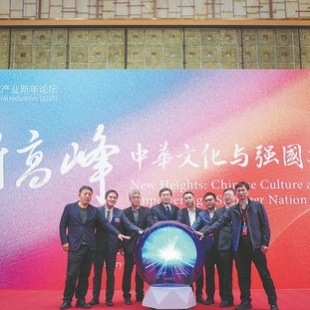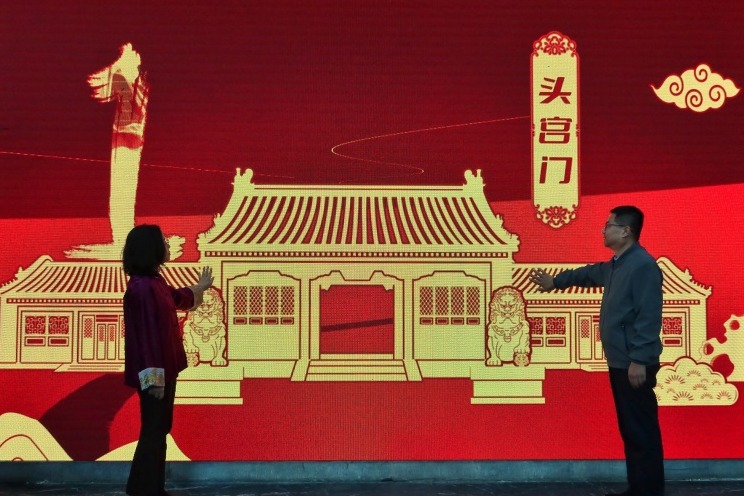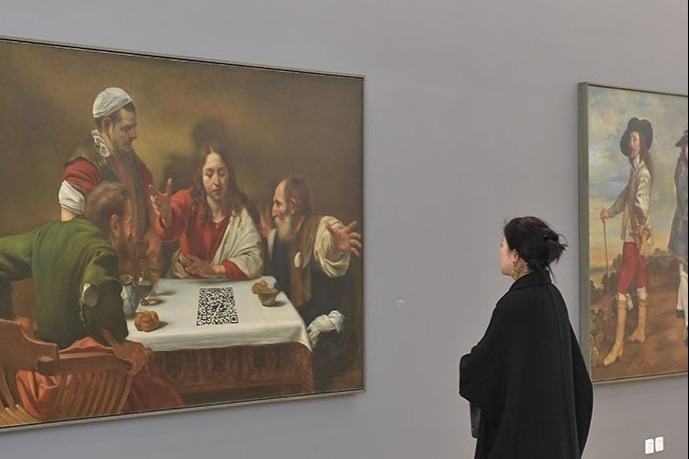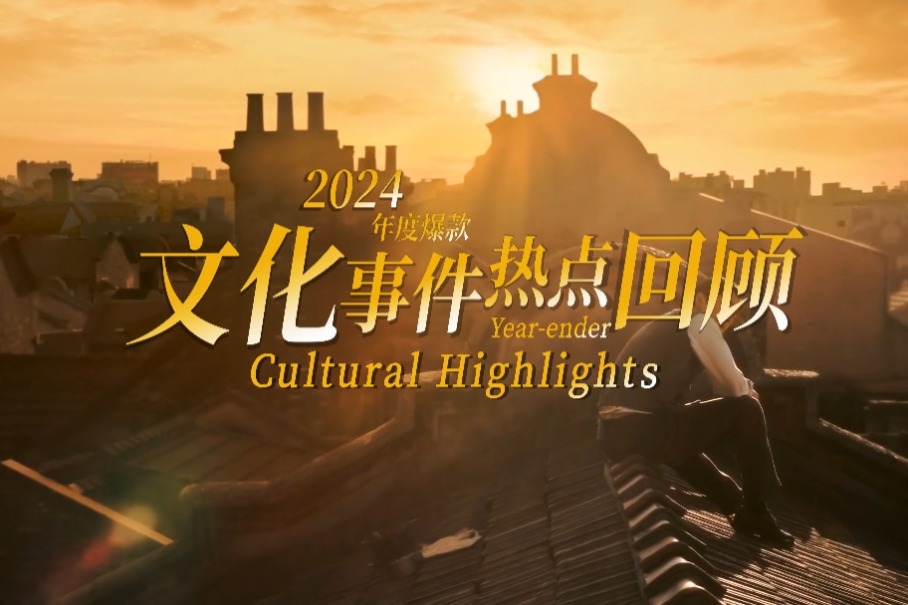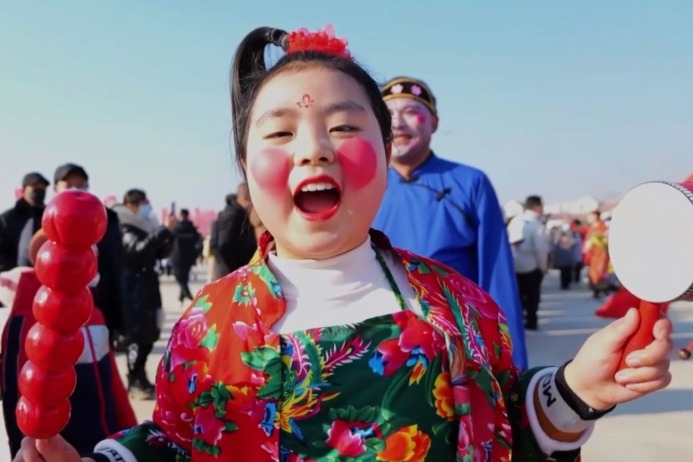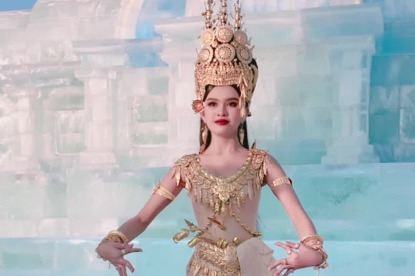Culture on the agenda
Forum in Beijing discusses importance of sectors to domestic economy and their wider ramifications, Yang Feiyue reports.

The rice farming that originated in the Yangtze River basin made a huge contribution to the world, serving as one of the most important resources for the development of society in Asia, while the success of water management in the Yangtze River region contributed to the development of the early social structures and functions, he adds.
The water-centered social structure and ethos formed around water management, such as the philosophy of shangshan ruoshui ("the highest good is like water"), are symbols of the culture of Jiangnan (the region south of the lower reaches of the Yangtze River), and constitute its essence, Fu says.
Huang Changyong, president of the Shanghai Theatre Academy, calls attention to rural culture and civilization in China's modernization process and urges understanding of rural changes from the perspectives of environment, culture, and structure.
"I believe there are some fundamental differences between the modernization processes of China and the West. From a certain perspective, China is more deeply rooted in an agrarian social foundation or a civilization centered around mountains and rivers," Huang says.
Huang adds that many outstanding works of literature are set in villages.
"Therefore, I believe that while focusing on the development of urban cultural industries, we must also place great emphasis on the countryside, as cultural development in rural areas is even more crucial," Huang says.
Li Xiangmin, a senior official from the Nanjing University of the Arts based in Jiangsu province, believes the process of Chinese modernization has global significance.
In its pursuit of modernization, China should emphasize its cultural foundations and establish a development path with distinctive Chinese characteristics, he says.
China's traditional culture, guided by core principles such as benevolence, prioritizing the needs of the people, upholding integrity, advocating justice, valuing harmony, and pursuing universal unity, facilitates the coordinated development of spiritual and material civilizations, while the humanistic economic philosophy of Chinese-style modernization provides new perspectives and solutions to global challenges, reflecting its essential value in addressing universal human issues, Li adds.


